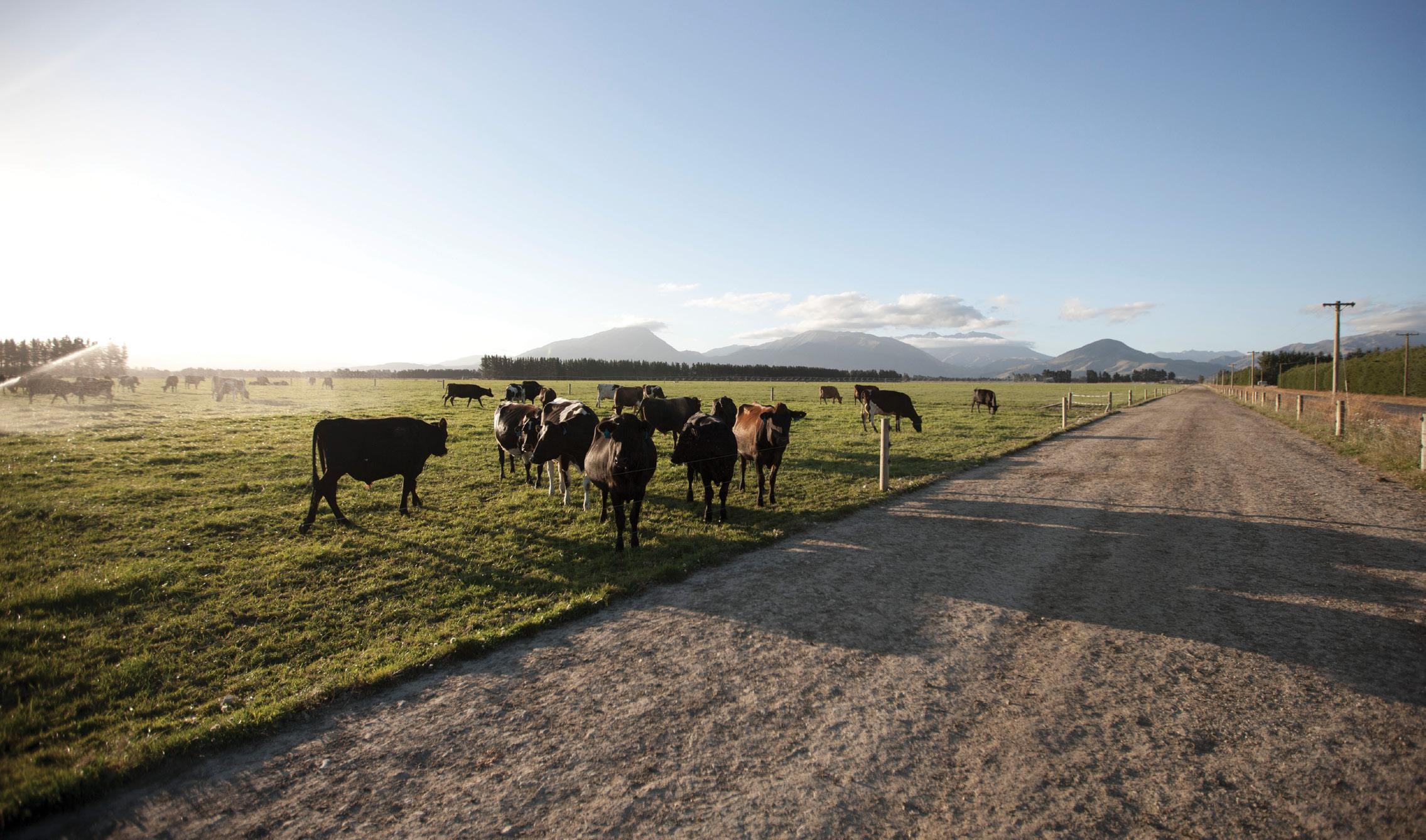2 minute read
Beef and dairy need to collaborate
Next Article
STOCK DAIRY BEEF ISSUES
Dairy, sheep and beef farmers are coming together to solve the issue of bobby calves. Phil Edmonds, outlines how the organisation is conducting research and investigating the potential for a new market for bobby calves.
It might used to have been ‘them and us’, but now more than ever dairy farmers and their sheep and beef counterparts have come to realise their respective farming futures are intertwined. So much of the current challenges for agriculture affect both – whether it be tackling greenhouse gases, water allocation, biosecurity, animal welfare and sector capability.
To that end, collaboration across sectors at the growing points of shared interest is now more important than ever. This is certainly not lost on B+LNZ in its quest to serve dairy farmers as effectively as it supports the sheep and beef sector.
Given that dairy farmers pay two lots of industry good organisation levies – to both DairyNZ and to B+LNZ – it’s no surprise they want to know there’s no duplication, and that resources and capability are being used most efficiently and effectively.
Both organisations have come together to try and solve the bobby calf problem, with each recognising there is plenty at stake in failing to take action.
As part of its contribution, B+LNZ is looking to build an understanding of how dairy farmers can produce a calf that beef farmers want to buy and finish.
But Dan Brier, B+LNZ farming excellence manager says that finding a solution is as much an off-farm, supply chain issue as it is one that dairy farmers can address themselves.
“Our part of this will involve investigating a potential new market for bobby calves, and understanding the real costs within the supply chain, including GHG emission from transportation.”
Beyond a dedication to collaborative industry leadership, dairy farmers are likely to identify the work B+LNZ does on genetics as being most relevant to their own operation. Dan says his organisation’s investment in beef genetics has a positive impact on the dairy industry as it also supports the dairy herd.
“Dairy farmers have a direct interest in genetics that enable shorter gestation lengths so cows come into milk quicker, and deliver smaller calves. The results of the genetics programme about to commence on beef studs will be equally shared by dairy farmers with half the bulls from the programme going into the dairy herd.”

B+LNZ farming excellence manager, Dan Brier
Stay in control 24/7
with GEA CowScout collars.
Get to know each and every cow with CowScout by monitoring them 24/7, and accessing highly accurate data for heat detection, health monitoring, eating and rumination. • Improve in-calf rates through accurate and timely heat detection • Detect metabolic disorders early in newly calved cows • Identify non-cyclers and possible slipped cows • The ability to treat sick cows early, reducing vet costs and recovery times.
Want to gain the insight you need to ensure every cow is healthy, happy and productive? We can help call 0800 GEA FARM. gea.com
Driving dairy efficiencies? We can help.










